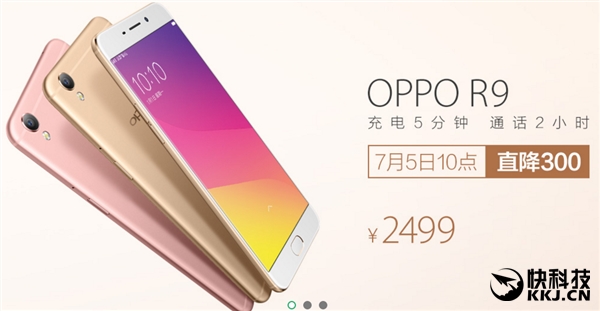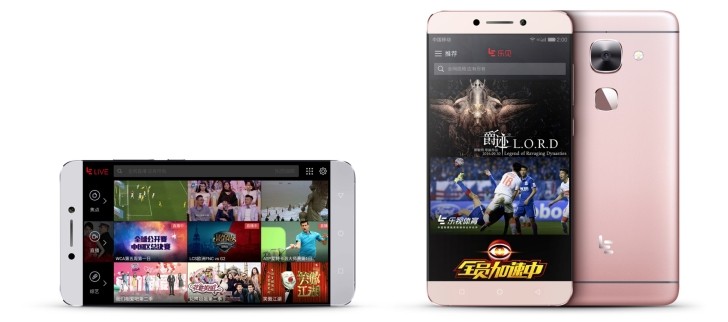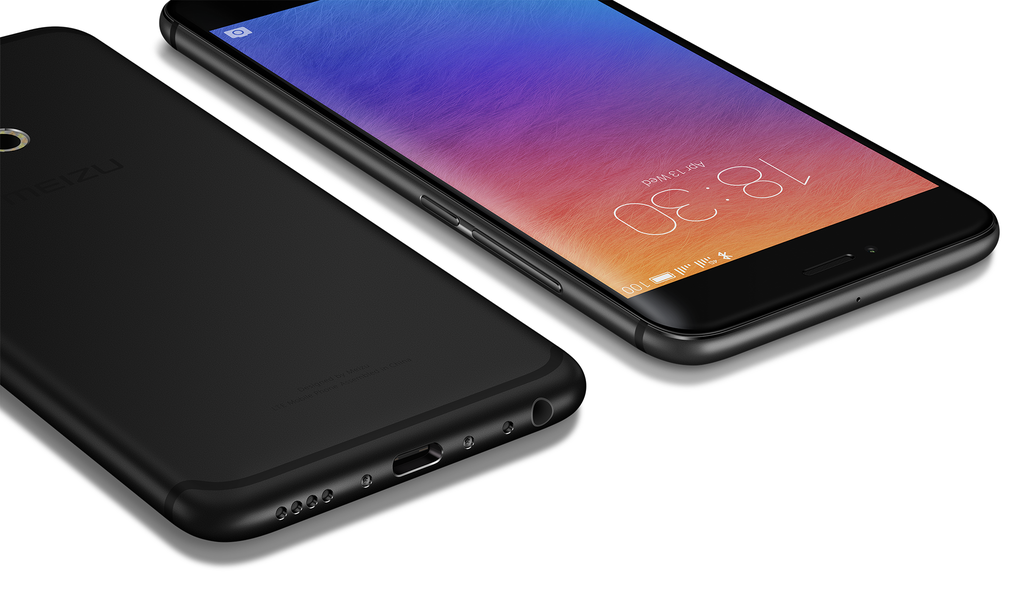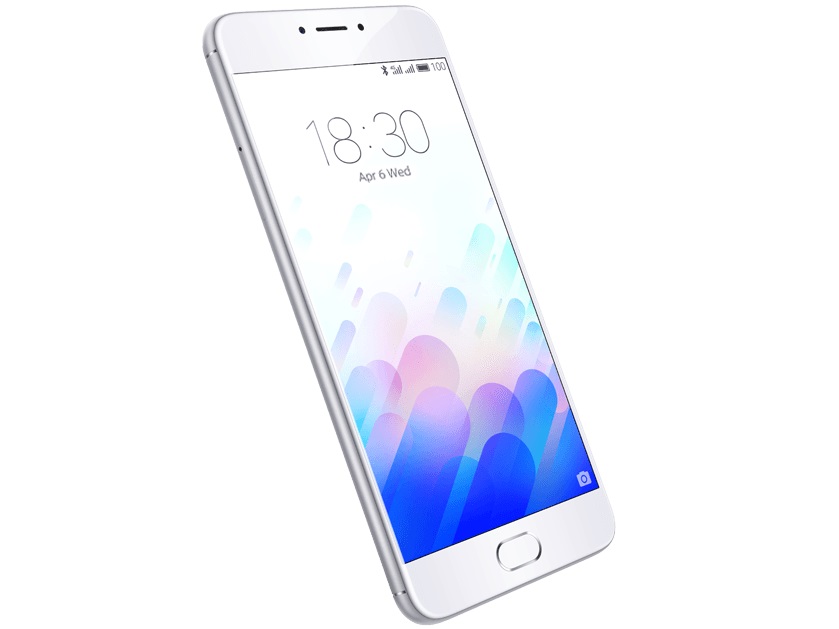
Half a decade ago, which sounds like a long time, but it really isn’t, you needed to be a huge company to make a dent in the smartphone market. You had to partner with operators, distributors, modem makers, chipset makers, software development houses, and the list just goes on and on. When it came time to actually assemble the phones, of course the labor was done in Asia. Why wouldn’t you want to take advantage of the low wages and close proximity to the components?
Well, the Chinese have learned how the big boys make their money, and now they’re using that formula to take over the world. According to the analysts over at Canalys, Chinese smartphone makers controlled a 20% stake of the smartphone market in Q2 2013.
That’s up from less than 15% a year ago.
Who are these companies? You’re probably thinking of ZTE and Huawei, but there are others too. Lenovo, for instance, is the biggest Chinese brand in China. Then there’s Yulong and their Coolpad family of devices. Never heard of Coolpad? They’re selling devices in the US, in case you didn’t know.
So what does this mean for the future?
I like to compare companies to Nokia since I spent years studying them and even worked there back in 2008 and 2009. Nokia’s dominant position at the high-end was taken from them by companies like Apple. Why buy a $650 N-series device running Symbian when you could buy an iPhone? And Chinese companies were eating away at the low-end of the business, so the focus was put on the mid-range.
Great plan, right? Not really, because the Chinese quickly figured out how to make more advanced devices. For $200 today, you can get an Android phone with the same specs as a $400 Nokia. For $400, you can get an Android phone with specs that Nokia doesn’t even ship because of the limitations of the Windows Phone platform.
If you’re Samsung, you can rest easy at night because you know you make the components that are required to build mobile phones. If you’re Apple, you know people will love your brand for at least the next 10 years. If you’re neither of those companies, you’re probably running like a headless chicken, trying to figure out what the hell is happening.









